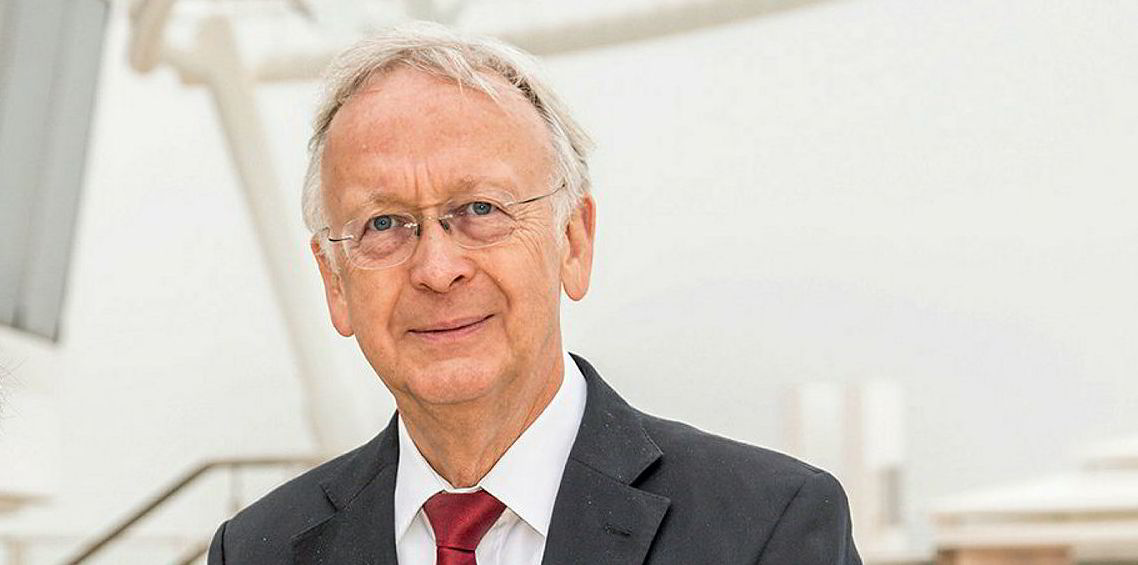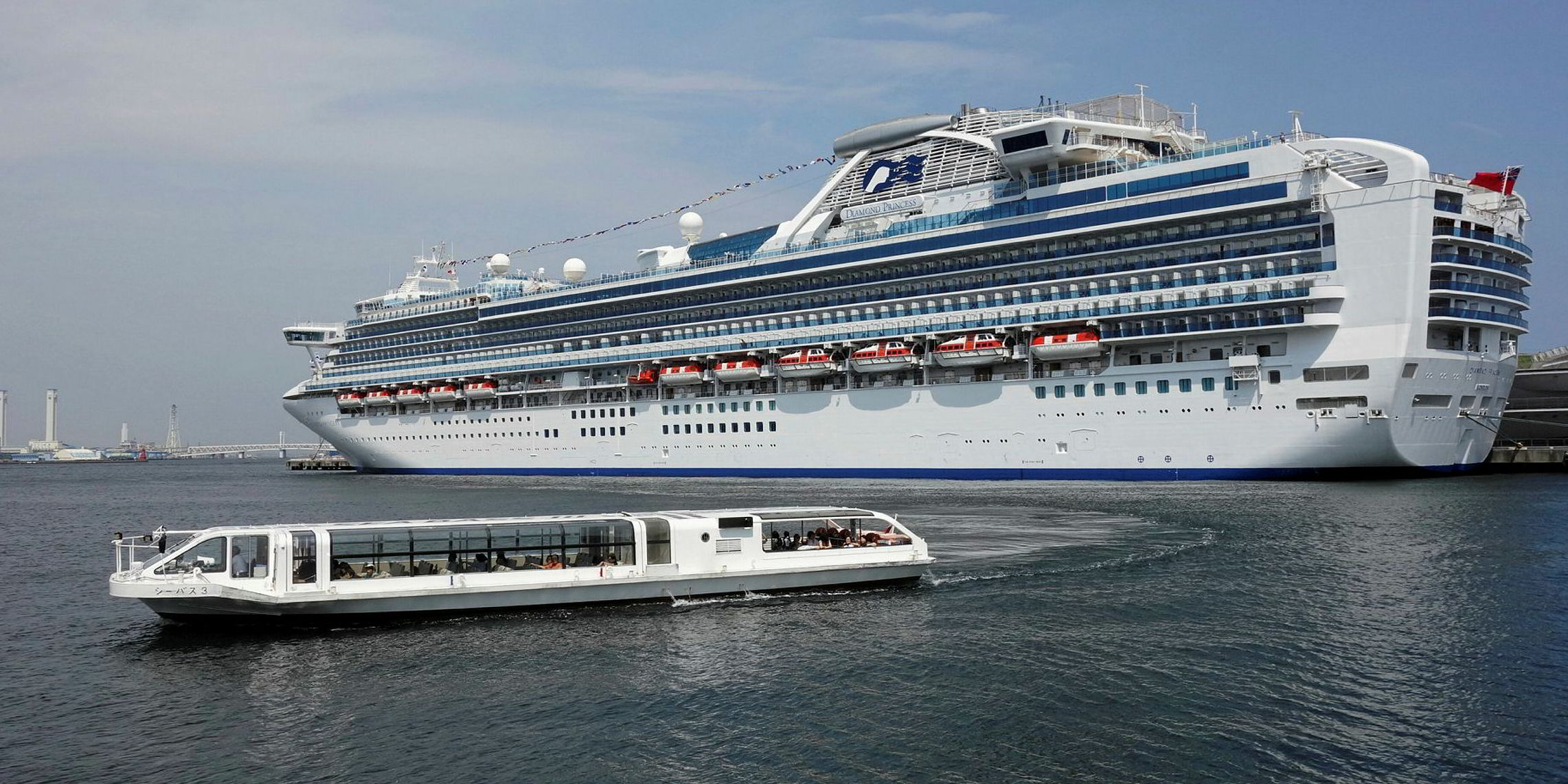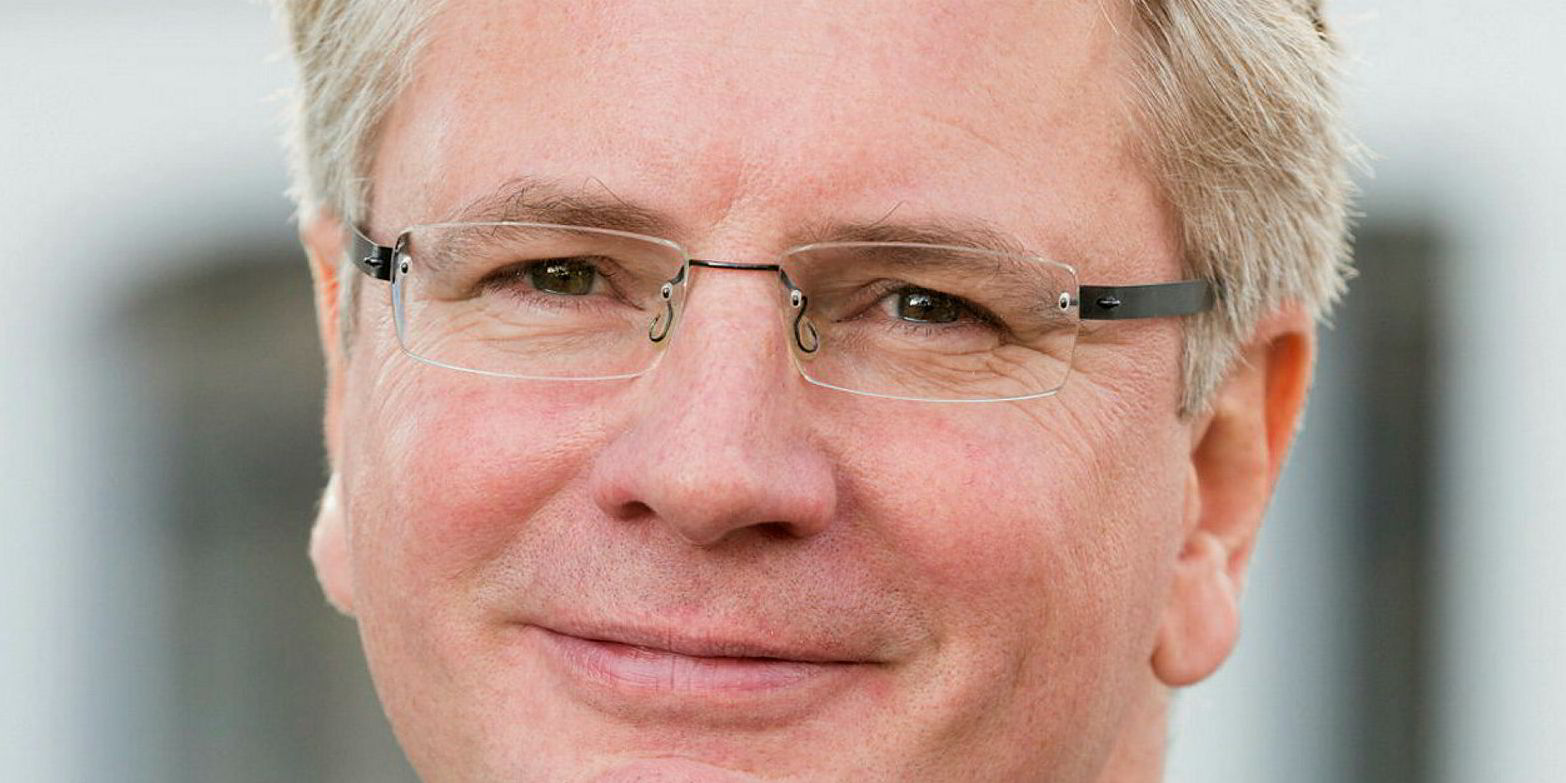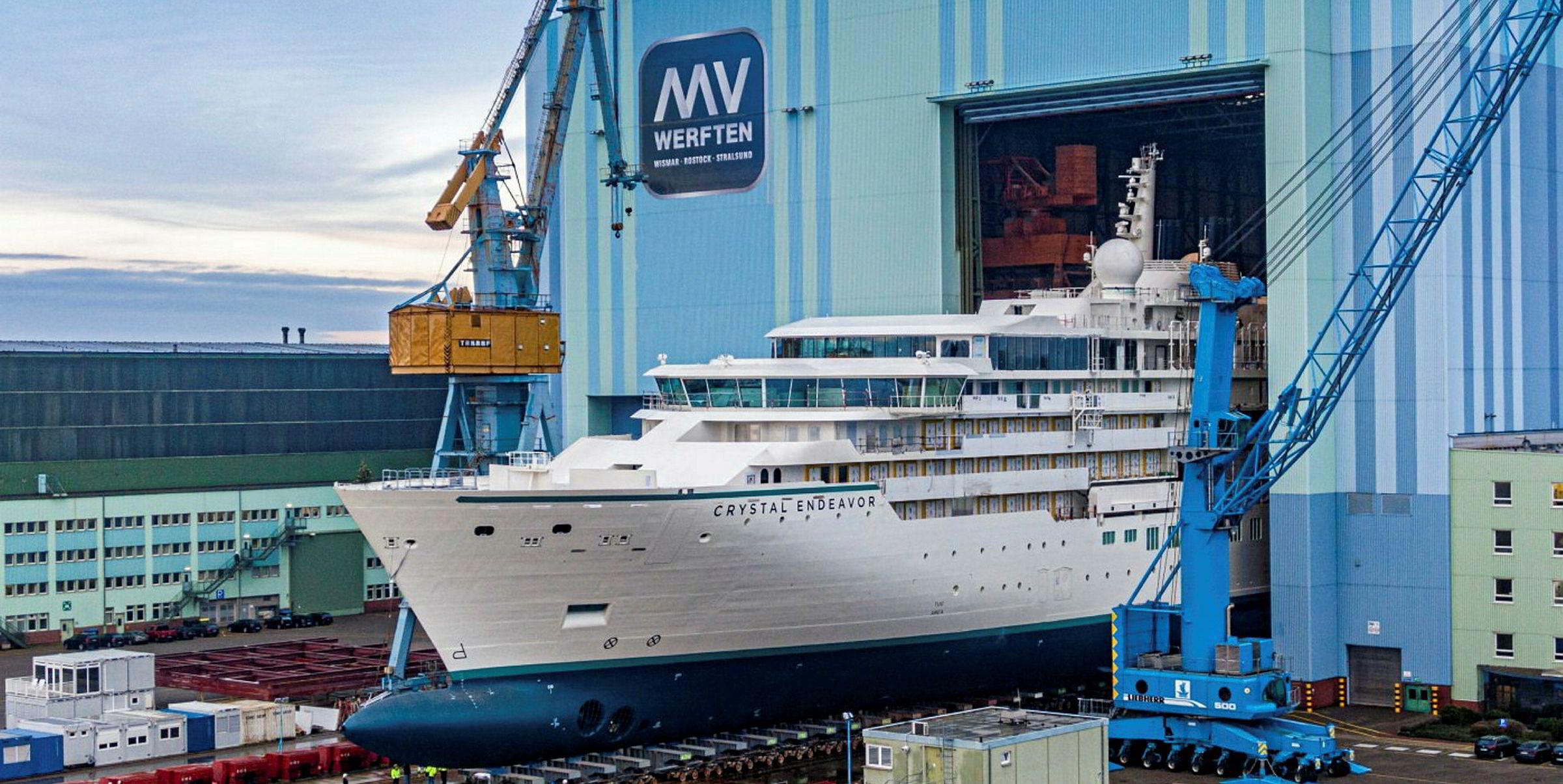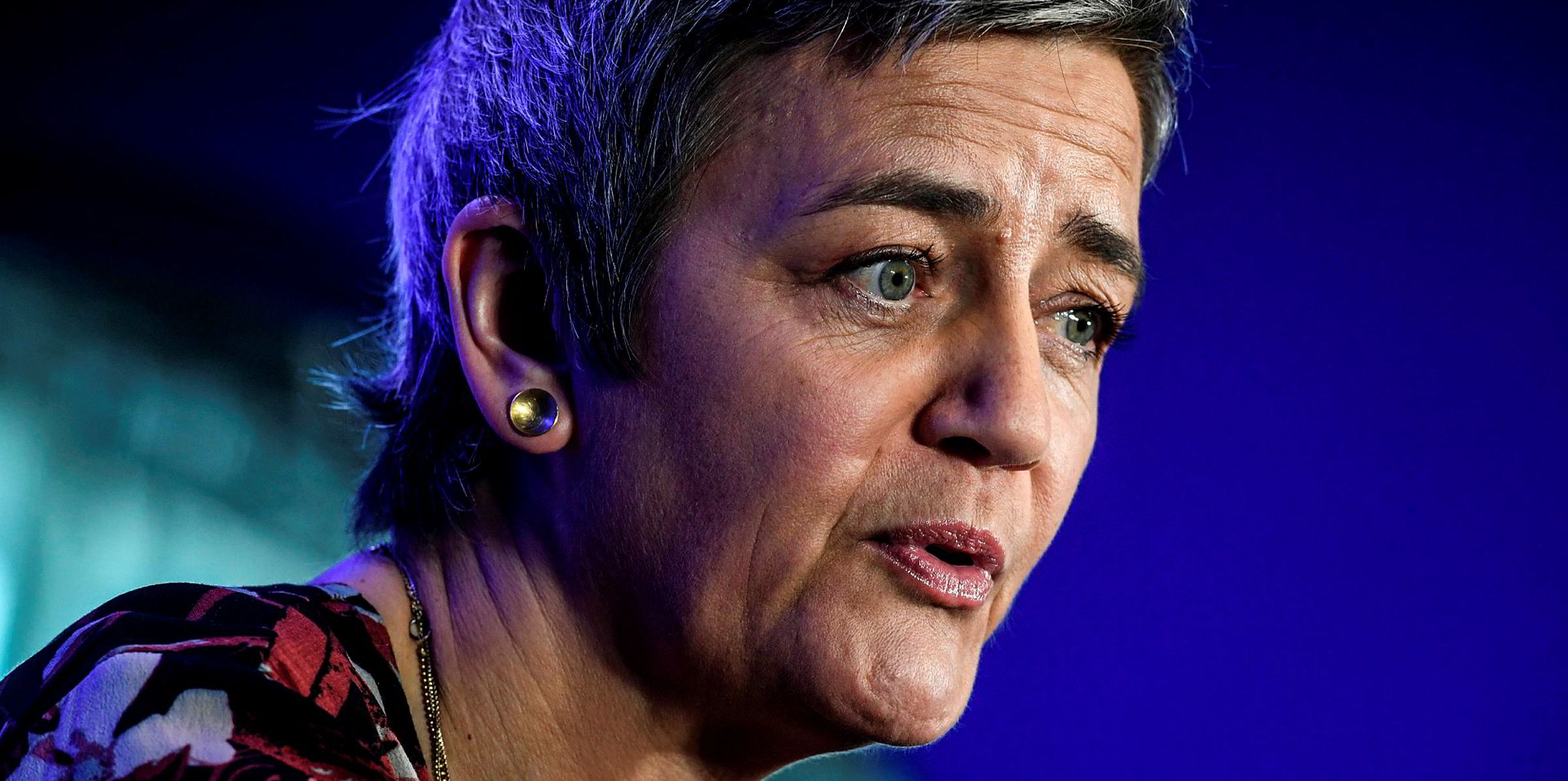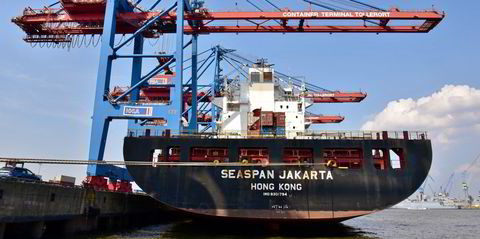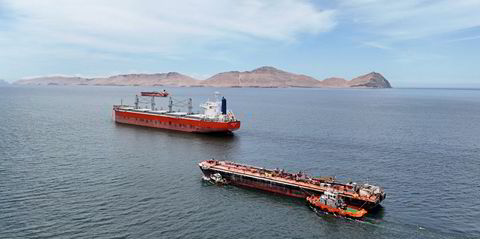Bernard Meyer has never seen a bigger crisis in his half a century in the shipbuilding industry.
The 71-year-old owner of Meyer Werft — Germany’s largest shipbuilder — anticipates a dearth of orders over the next three years.
And he expects it could take up to a decade for the cruise industry to get back to its pre-crisis height.
Meyer's comments posted in a video on the yard's website echo fears in the wider European shipbuilding community that coronavirus could lead to a collapse in orders.
For several years, German yards have built up a lucrative niche, focusing on cruiseships, ropax ferries, yachts and offshore vessels.
This has helped insulate them from the overcapacity in high-volume shipbuilding sectors such as tankers and bulkers.
But the spread of the pandemic has turned a perceived strength into a potential weakness as demand for cruise and passenger vessels has dried up.
We had growing orderbooks for several years, while everywhere else the orderbooks were declining. Now, this has turned 180 degrees
VSM chief executive Reinhard Luken
"We have had growing orderbooks for several years, while everywhere else the orderbooks were declining. We were countercyclical,” Reinhard Luken, chief executive of the German Shipbuilding and Ocean Industries Association (VSM) said.
“Now, this has turned 180 degrees. Now, we are at the opposite end of the market, and our markets are the worst hit."
Painful measures
The pandemic is having consequences for both of Germany's cruise shipbuilding conglomerates — Meyer Werft and MV Werften.
They have put workers on short-term contracts and are looking at trimming the workforce.
Meyer's shipyard in Turku, Finland, has announced 450 of its 2,386 employees will be made redundant.
“The pandemic has changed the situation unexpectedly and totally," Meyer Turku chief executive Jan Meyer said. "We are facing the fact that the corona-caused pause in cruising requires [us] to stretch the orderbook."
"We are discussing the details with our customers. This new situation will force us to take painful adaptation measures to secure a sustainable future for Finnish cruiseship building and the network."
Meanwhile, jobs at Meyer Werft's main site in the German city of Papenburg, which employs 3,600 workers, remain the subject of talks between stakeholders.
The Papenburg yard has orders until 2023 and its Turku facility has work until 2024.
But shipbuilding sources predict cruiseship owners will look to push back delivery dates and do not anticipate options to be exercised.
As a consequence, Meyer Werft is still expecting to reduce production from three cruiseships per year to two.
Similar challenges are affecting MV Werften, which runs three shipyards in Wismar, Rostock and Stralsund.
Workers at those yards stopped normal work on 20 March and will be on reduced hours until at least early July.
Problems
German shipbuilding sources are not anticipating further orders of ro-ro or ropax ferries for another one or two years.
The troubles in that sector were highlighted on 27 April when Flensburger Schiffbau-Gesellschaft fell into administration.
The yard's new management is keen to restart operations in early summer to complete a ropax vessel under construction for Brittany Ferries.
That could be helped by a €5m ($5.3m) loan that Lars Windhorst-controlled Tennor Holding has reportedly extended to the company.
However, for now, its 650 employees are also working short-time.
Luken said German shipbuilders remain positive as most yards have healthy orderbooks.
But he worries about a "hole" in the orderbook for German shipbuilders that needs to be filled in the coming years.
“Right now we don’t really feel it so much, the problem will be felt in a year or two," he said.
Those concerns are heightened by the growing competition from Chinese yards, which are looking to move into the passengership sector.
Prior to the coronavirus outbreak, German shipbuilders accused their Chinese rivals of offering vessels to the market below the costs of construction.
Union response
With so many jobs at stake, it is no surprise that trade unions are calling for the state to support German shipbuilders.
"Corona must not stop the positive development in shipbuilding," Daniel Friedrich, a manager of the IG Metall trade union, said.
Shipyards and suppliers need to be helped quickly. They need enough money and time to respond to the turmoil, particularly in the cruise industry
Daniel Friedrich, a manager of the IG Metall trade union
"Shipyards and suppliers need to be helped quickly. They need enough money and time to respond to the turmoil, particularly in the cruise industry."
"It's about thousands of industrial jobs in an industry with good long-term prospects."
In a paper published on 7 May, the union said it continues to see a focus on passengership construction.
"People will go on ferries again and go on a cruise," Friedrich said.
According to a study by UBS, bookings for 2021 are 9% higher than in 2020.
"We must continue to be able to build these highly complex ships and should not leave it to the competition in South East Asia," Friedrich said.
